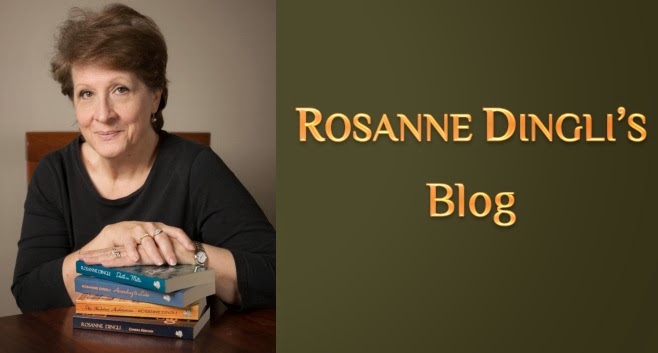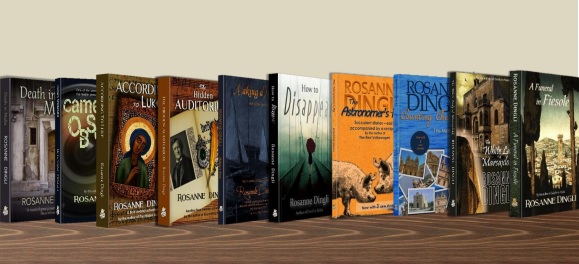Depending on the subject, the genre, and the length, books can take a lot of work. That means they take a considerable time to write - many times longer than it takes to read them.
Writers say that books are not only written when they are at their computers: they think a lot, scribble handwritten notes, talk into recorders, discuss their subject, research online, look material up in other books, visit libraries, watch films... a lot of different activities can go into 'writing' a book that amount to much more than just the physical writing.
Many authors will tell you a book takes them years. Some others write two or more a year. This makes a reader realise different writers do it in different ways.
How do I do it? Good question! I have to think before I answer... well, I do think a lot before I start to write. I discuss the plot with my family - we make it a very animated Sunday breakfast topic, where everyone gets their say. It can be fun, and a great number of subplots are hatched and discarded. Characters are invented and left behind, fleshed out or forgotten about. Themes and locations are sought and found.
I take notes. Not many, but I do scribble them in the margins of Sudoku puzzle books, shopping lists, and odd pieces of paper, at the bottom of my diary and other places! Finding them again can be a problem. When I start to write, I draft a list of chapter titles that signify scenes. These generally follow the plot line, more or less. Writing the scenes is the hard part. Sometimes, I get on a roll, and know exactly what to write next. When I get to seventy thousand words, I know I have something: I'm more than halfway through.
Writing all the scenes gives me a first draft. I leave this to settle for a couple of weeks. This is the exciting part, when I feel I can now start to really work. So I read the draft a couple of times, trying to figure if the story is told in the order I want. Then I start to re-write and change things. I start to edit. This part of working on a book is the most time-consuming, but it's the part I like best. Sometimes I cut the whole text up into large chunks and re-arrange its order. Sometimes I put it back the way it was!
But how long does all this take?
The first draft usually takes a bit longer than two months or so. Re-writing, editing and fixing takes more than a year. A year! Oh yes: this is a long, painstaking process. What happens then? Then I send it out to be read by my faithful readers. They make notes. This means I have more work to do, reading and incorporating the suggestions I agree with and making the corrections to errors that were found. My readers sometimes suggest I change the order of chapters, so large re-writes can be necessary. In a few weeks, I have what feels like a real book. The manuscript goes out to my final reader, who always has more suggestions, more notes and more corrections for me to make.
The manuscript then gets put away for a long interval, after which I come back to it with fresh eyes. With the improvement of a few more revisions, the book feels ready to go out on submission. With any luck, a publisher will like it, and a contract is signed!
The period between getting the first idea and signing a contract is never shorter than 24 months for me. For other authors, it can be very varied. Asking this question on Google will raise hundreds of results, all of which give a different answer. On the whole though, most writers say they have a very intense, condensed period of writing that gives them a first draft, and then a longer period that involves a number of edits.
When one sits down with a new book, knowing there are five or six hours of pleasure ahead, how many would consider the time it took the author to conceive, work on, and create the work?
To gain an idea of how a novel starts to take form, why not read Chapter One of Death in Malta on my website?








